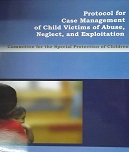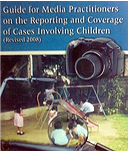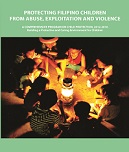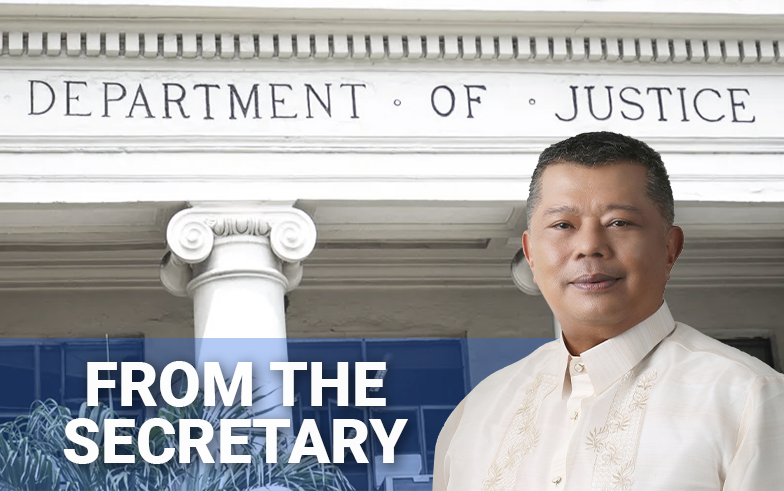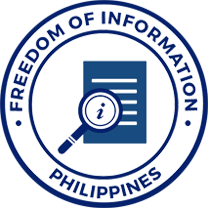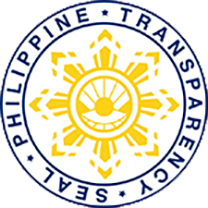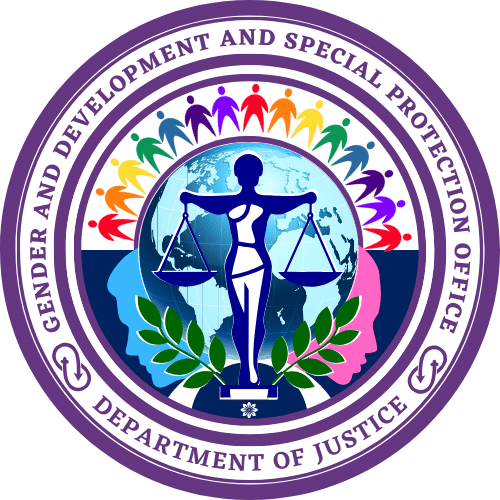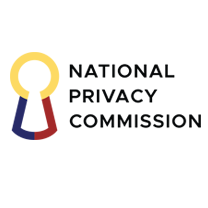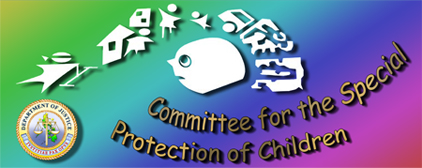
Executive Order No. 53
Strengthening the Committee for the Special Protection of Children, Amending for this Purpose Executive Order No. 275 (s.1995)
Role of the CSPC
The CSPC is hereby strengthened and reorganized to effectively function as the body principally responsible for coordinating and monitoring the investigation and prosecution of cases involving violations of R.A. No. 7610 and other child-related criminal laws.
Vision
All children in the Philippines and Filipino children elsewhere are protected from all forms of violence, abuse, exploitation and discrimination.
Mission Statement
Guided by the principles of non-discrimination, best interest of the child, respect for the views of the child, and the right of the child to life, as well as Article 19 of the CRC, as codified under RA 7610, the SCPC shall ensure that all children in the Philippines are provided legal protection, within a child sensitive justice system.
Functions and Duties
The Committee shall have the following responsibilities:
- Establish a system of collecting periodic reports from member agencies on cases filed before them including the status of such cases;
- Request member agencies and other government instrumentalities to address specific issues brought to the Committee’s attention that require immediate action;
- Coordinate with other inter-agency councils and other similar structures and mechanisms for synchronization and harmonization of actions on the legal protection of children;
- Develop and/or recommend policies and guidelines to address gaps and issues identified in the investigation and prosecution of cases as well as in the legal protection of children;
- Formulate a uniform protocol for capacity-building of duty bearers and other stakeholders with emphasis on multi-disciplinary approach;
- Call upon non-member agencies for assistance when necessary in the exercise of its functions and duties;
Composition
The Committee shall be chaired by the Secretary of Justice and co-chaired by the Secretary of Social Welfare and Development, with the following as members:
- Chairperson of the Commission on Human Rights;
- Secretary of Foreign Affairs;
- Secretary of Labor and Employment;
- Secretary of Tourism;
- Secretary of the Interior and Local Government;
- Secretary of Health;
- Secretary of Education;
- Commissioner of Immigration;
- Director of the National Bureau of Investigation;
- Chief of the Philippine National Police;
- Prosecutor General; and
- Three (3) representatives of non-government or private organizations working and/or advocating for the protection of children.
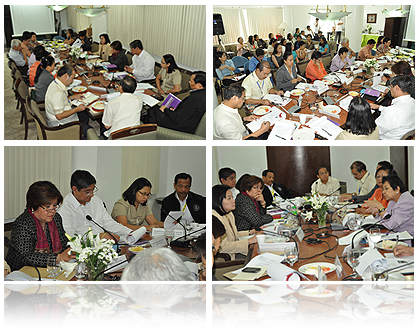
FAQs
Who is considered a child under R.A. No. 7610?
A child one who is below 18 years of age or one who is over 18 years of age but who cannot take care of himself fully because of a physical or mental disability or condition.
What is child abuse?
It is any act which inflicts physical or psychological injury, cruelty to or the neglect, sexual abuse of, or which exploits, a child.
What is cruelty?
It is any word or action which debases, degrades or demeans the dignity of a child as a human being.
Is discipline administered by a parent or legal guardian on a child considered cruelty?
No, if it is reasonably administered and moderate in degree and does not cause physical or psychological injury.
What physical injury is considered as child abuse?
One that causes severe injury or serious bodily harm to child, such as lacerations, fractured bones, burns or internal injuries.
What psychological injury is considered as child abuse?
One that harms a child's psychological or intellectual functions. This may be exhibited by severe anxiety, depression, withdrawal or outward aggressive behavior or a combination of said behaviors.
What is child neglect?
It is failure of a parent or legal guardian to provide, for reasons other than poverty, adequate food, clothing, shelter, basic education or medical care so as to seriously endanger the physical, mental, social and emotional growth and development of the child.
What is child sexual abuse?
It is the employment, use, persuasion, inducement, enticement or coercion of child to engage in, or assist another person to engage in sexual intercourse or lasciviousness conduct or the molestation or prostitution of, or the commission of incestuous acts, on, a child.
What is child exploitation?
It is hiring, employment, persuasion, inducement, or coercion of child to perform in obscene exhibitions and incident shows, whether live, on video or film, or to pose or act as a model in obsence or pornographic materials, or to sell or distribute said materials.
Where can I report child abuse cases?
You may report the matter to the:
- Department of Social Welfare & Development or to the Child Health and Intervention and Protective Service (CHIPS) Tel. No. 734-4216
- Anti-Child Abuse, Discrimination, Exploitation Division (ACADED) National Bureau of Investigation Tel. Nos. 525-6028/525-8231 loc. 403 & 444
- Commission on Human Rights Child Rights Center Tel. No. 927-4033 (Mon-Fri during office hours)
- Philippine National Police Operation Center Tel. Nos. 712-8613/722-0540 & 724 8749 or nearest police station
- DOJ Task Force on Child Protection, Tel. Nos. 523-8481 to 89 or contact the nearest Provincial, City or Regional Prosecutor
- Local Barangay Council for the Protection of Children
Do I have a duty to report cases of child abuse?
Yes, it is your civic and moral duty to do so.
Who are required by law to report child abuse cases?
The following must report child abuse case:
- The head of a public or private hospital, medical clinic or similar institution, as well as the physician and nurse who attended to the needs of the abused child.
- Teachers and administrators of public schools
- Parole and probation officers
- Government lawyers
- Law enforcement officers
- Barangay officials
- Correction officers such as jail guards
- Other government officials and employees whose work involves dealing with children
Can then persons named above be charged criminally if they do not report a child abuse case?
Yes.
Who can file a complaint for child abuse?
- The child victim
- The parent or legal guardian of the victim
- The grandparent, or relative of the child victim up to a first cousin
- The Barangay Chairman
- One of a group of 3 or more persons who have personal knowledge of the abuse.
Where should a complaint for child abuse be filed?
Your compliant should be filed with the Department of Social Welfare and Development or with the police or other law enforcement agency.
Protecting Filipino Children From Abuse, Exploitation and Violence
